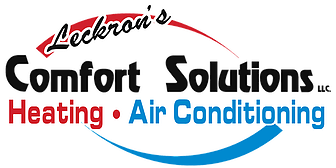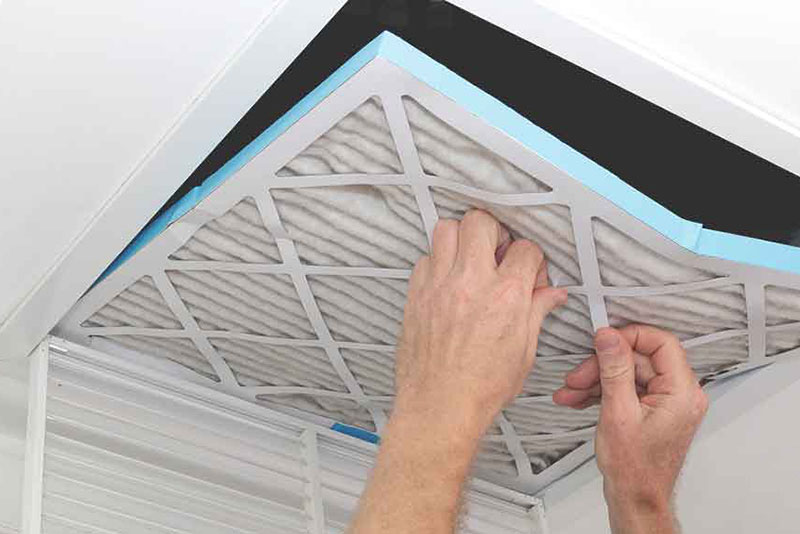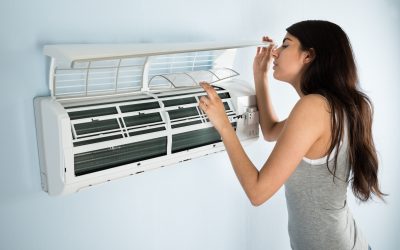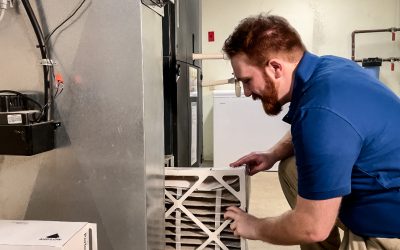Your Greencastle, PA, home’s heating and cooling system can act as a whole-house air filtration system. The air handler’s filter is designed to capture odors, particulates and gases. An HVAC air filter plays an important role in your home’s indoor air quality. Here is what you need to know about an HVAC filter, what it does, how it works and how to choose one.
What They Capture
An air filter captures particles including pollen, pet dander and hair, lint, upholstery and carpet fibers and dust, according to the American College of Allergy, Asthma and Immunology. Because it is almost impossible to clean these tiny particles out of a reusable filter, it is better to use a disposable filter in your HVAC system.
MERV Ratings
Minimum efficiency reported value, or MERV, is the rating system for HVAC filters. According to the Environmental Working Group, the ratings range from one to 20. The higher the ranking, the smaller the particles the filter traps. The more tiny particles the filter captures, the better your Greencastle home’s indoor air quality. Choose a MERV rating of at least 13, especially if you have allergies or asthma. Consider a filter with a MERV rating of 17 for your HVAC system. These are a true high-efficiency particulate air (HEPA) filter, and they remove 99.97 percent of particles 0.3 microns in size.
How Often to Replace
Disposable air filters should be replaced at least every 90 days. You should check the air filter once per month. If it looks dirty already, replace it. A clogged filter decreases your HVAC system’s efficiency and lowers your home’s air quality. If you’ve recently done some home renovations that generated sawdust, dust from drywall or other airborne particles, replace the air filter as soon as you finish the project.
To learn more about how air filters can improve your home, check out Leckron’s Comfort Solutions indoor air quality services, or contact us for additional information.




